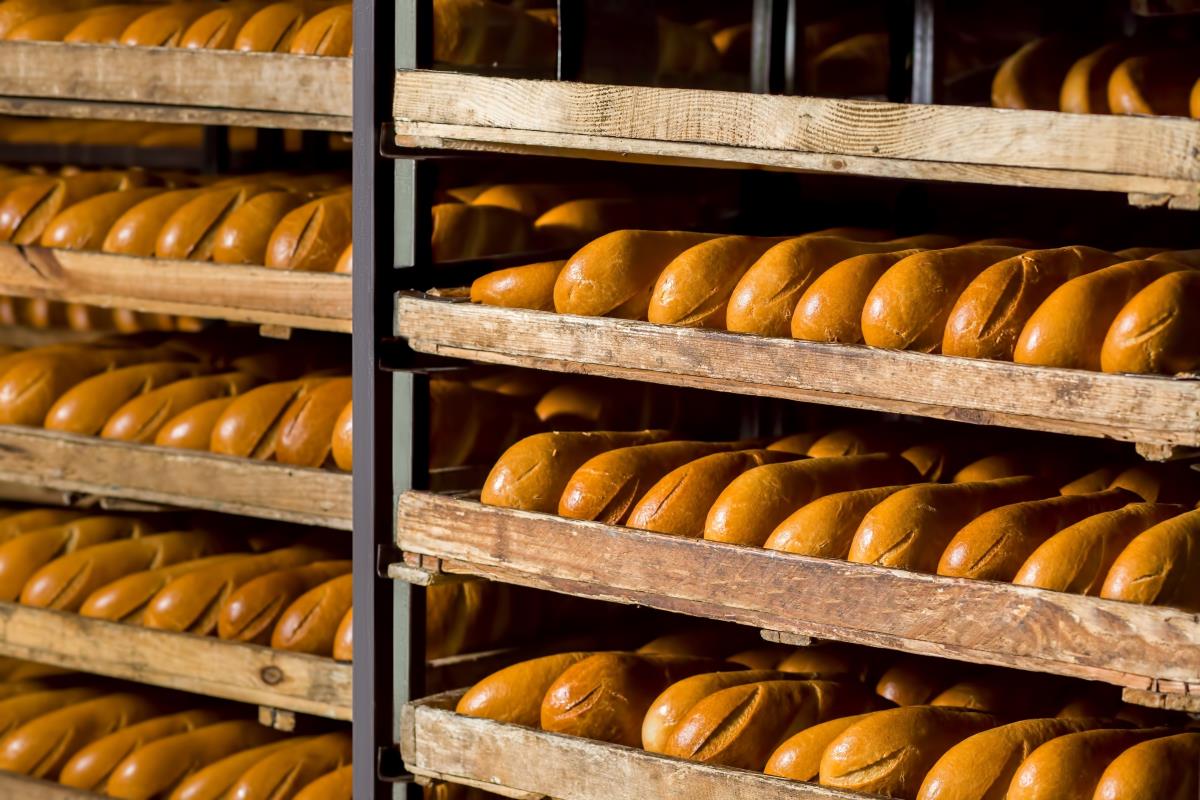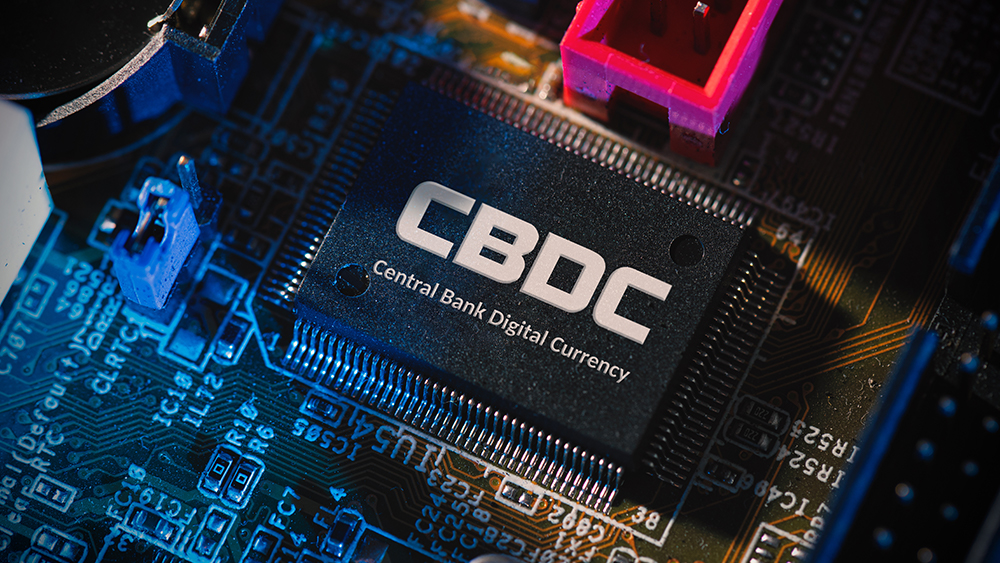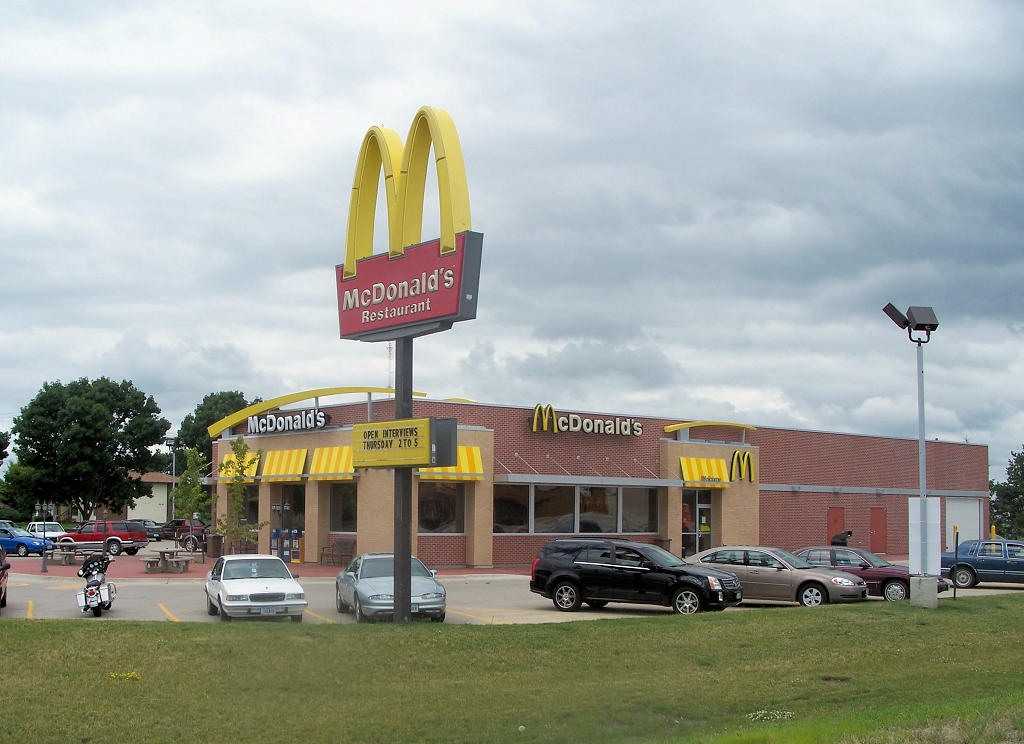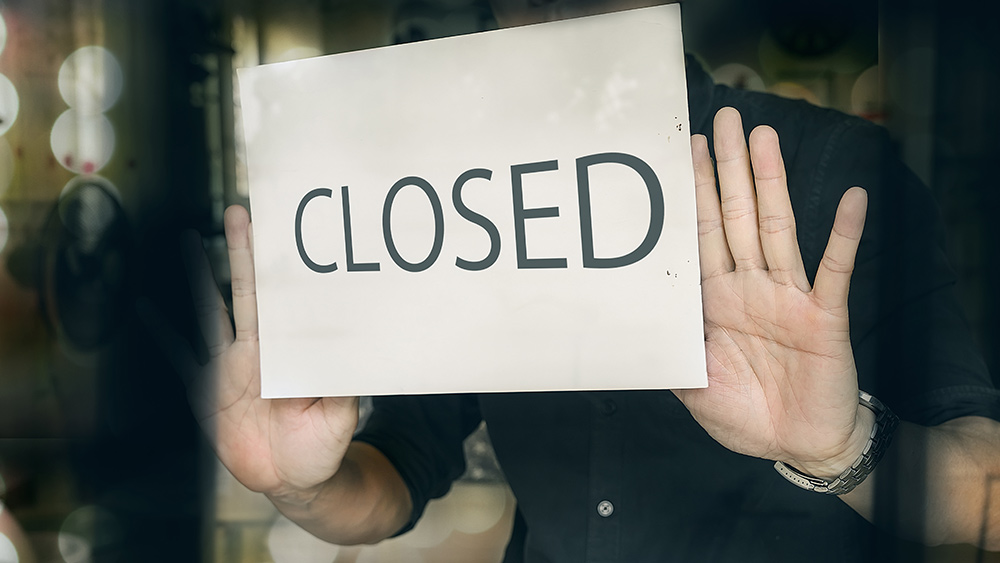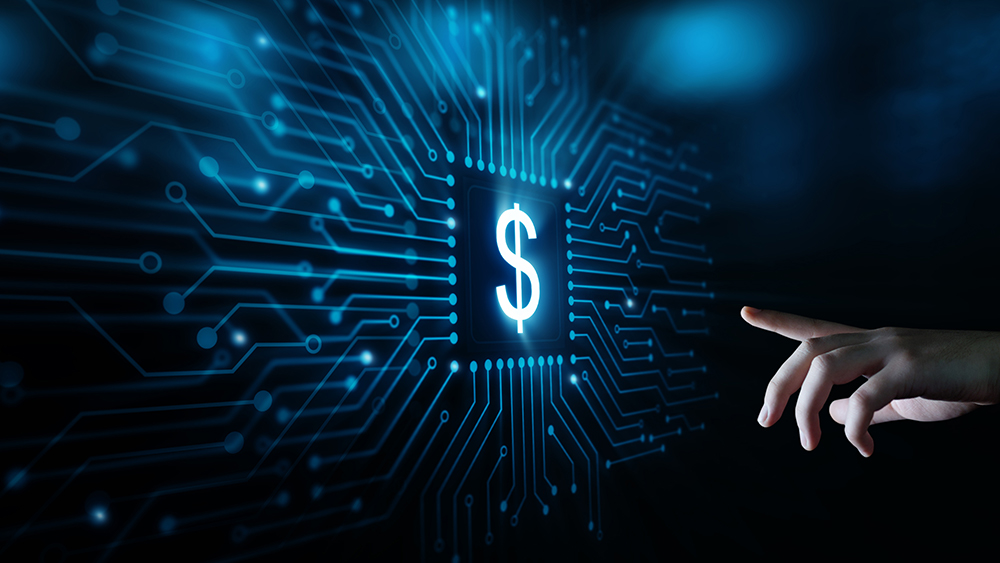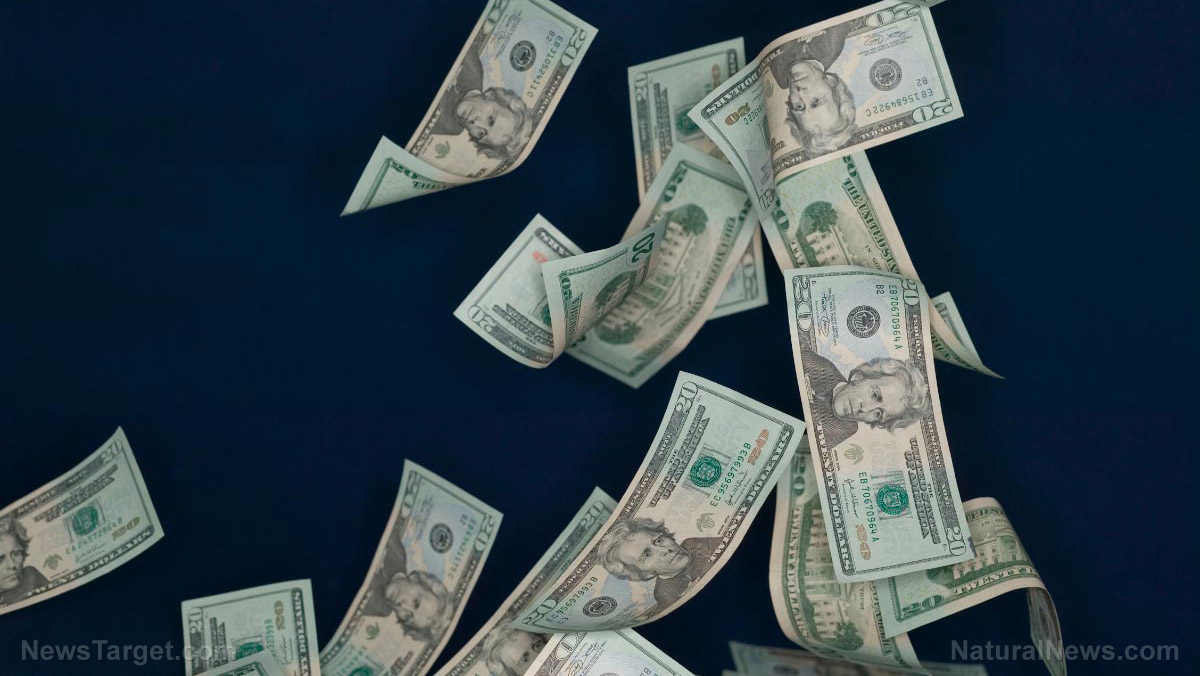Federal Reserve to print another $2 trillion in fake fiat funny money to bail out financial terrorists, further devaluing dollar
03/17/2023 / By Ethan Huff
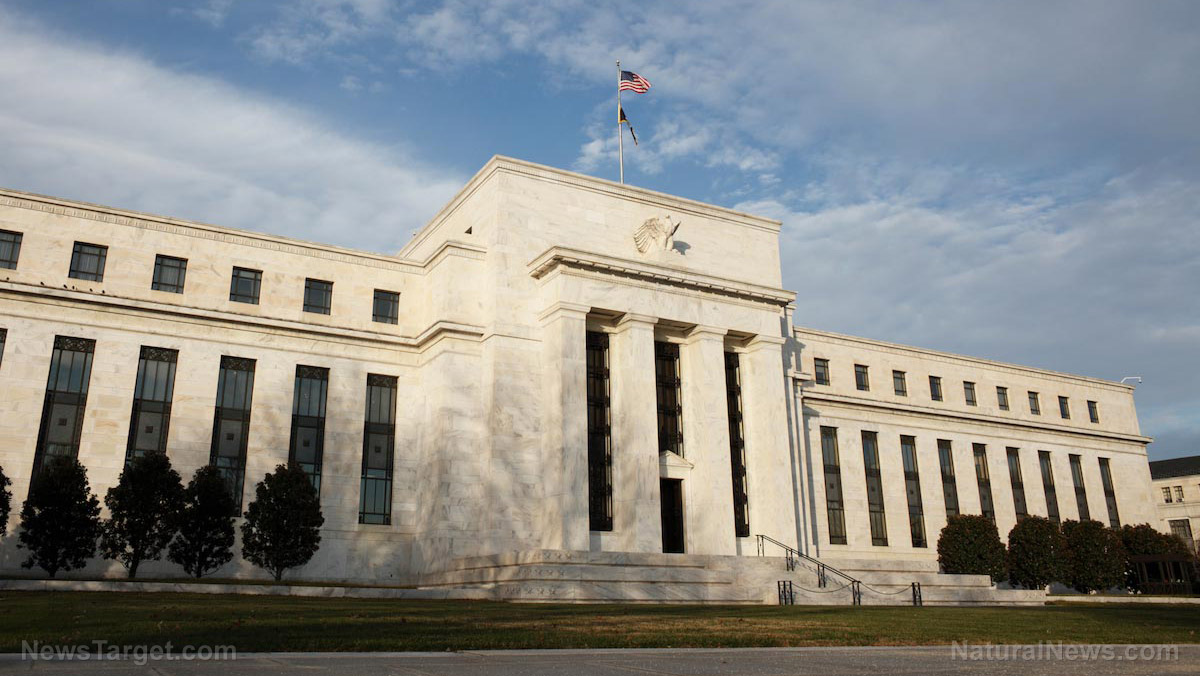
To save the criminal bankers, the private Federal Reserve is expected to inject another $2 trillion into the United States banking system, which is certain to trigger hyperinflation.
Strategists at JPMorgan Chase, one of America’s kingpin banks, have been discussing what the Fed’s new “emergency” lending program will entail now that Silicon Valley Bank (SVB) and numerous other lenders have gone under.
Called the Bank Term Funding Program, this emergency mechanism is designed to sweep under the rug all the financial corruption that got us into this mess in the first place, punishing the common man with even higher inflation and a lower standard of living.
“The usage of the Fed’s Bank Term Funding Program is likely to be big,” JPMorgan strategists wrote in a client note on Wednesday.
(Related: Check out our earlier coverage about the financial “death spiral” that is taking place.)
U.S. banks are collectively sitting on $620 billion in unrealized losses, FDIC chair warns
The reason why these JPMorgan analysts are throwing out the $2 trillion figure is because that is the maximum usage amount that was established – at least until the powers that be decide to up it even more, much like they do to the debt ceiling every time it is reached.
Currently, the U.S. banking system as a whole is said to hold reserves of around $3 trillion, most of which is held by the largest banks. Smaller banks, many of them in even worse shape than the big guys, are the likeliest candidates to take advantage of the Bank Term Funding Program.
SVB was considered a mid-sized bank, as were the other banks we were told about that collapsed around the same time. SVB took a $1.8 billion loss on a forced $21 billion bond liquidation, which prompted the now-failed bank to ask for $2.25 billion in new capital to fill the gap.
As this was all taking place, depositors rushed to withdraw their money, which we now know preceded the total collapse of SVB. And without emergency new cash from the Fed, many other banks will, and likely already would have, followed suit.
“Unrealized losses on securities have meaningfully reduced the reported equity capital of the banking industry,” said Federal Deposit Insurance Corporation (FDIC) chair Martin Gruenberg, who further warned that U.S. banks are collectively sitting on unrealized losses on their bond holdings of around $620 billion.
Unrealized losses of this magnitude weaken the ability of all affected banks to meet their liquidity needs because less cash is generated when the sale occurs, typically because the amount of regulatory capital falls below required thresholds.
Despite all this, Gruenberg wants everyone to still believe that America’s banks are “generally in a strong financial condition and have not been forced to realize losses by selling depreciated securities.”
At some point, though, these banks are going to have to realize those losses – or at least they should have to realize those losses. If the Fed continues to inject emergency liquidity into their balance sheets, these banks will artificially survive for a little while longer while Americans are forced to pick up the tab.
“The Fed’s new funding facility gives banks an additional security blanket because it allows them to borrow from the Fed for a one-year period using their securities as collateral at par value, not at market rates,” reported Tom Ozimek, writing for The Epoch Times.
As long as the private Federal Reserve and other central banks are allowed to indiscriminately and with restraint print an endless supply of “money,” the usurious slavery of the common man will never end. To keep up with the latest financial news, visit MoneySupply.news.
Sources for this article include:
Submit a correction >>
Tagged Under:
bailout, Bank Term Funding Program, banks, dollar demise, Fed, Federal Reserve, fiat, finance, financial terrorism, market crash, money supply, pensions, risk, Silicon Valley Bank, SVB
This article may contain statements that reflect the opinion of the author
RECENT NEWS & ARTICLES
COPYRIGHT © 2017 RISK NEWS

